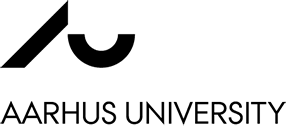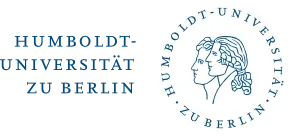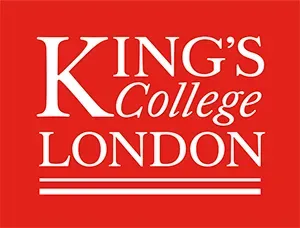This course focuses on the critical interdependencies and synergies between the humanities and medicine in enhancing sustainable social change. Traditionally seen as separate realms – arts and sciences – the course demonstrates the power of their convergence in addressing some of the world's most pressing challenges.
Emerging from, and adding to, an online lecture series co-organized by partners from the Circle U. Universities, this course demonstrates how the synthesis of, and translation between, perspectives from medicine and the humanities is critical in tackling global challenges such as climate change, democratic deficits, global health disparities, and the evolving challenges of artificial intelligence.
The field of medical humanities was initially developed to provide medical students with a grounding in literature, philosophy, art, music, history, and drama, enhancing their understanding of illness experiences and cultivating their empathy.
However, the scope of medical humanities extends far beyond these initial benefits. It also introduces innovative ways to understand the entanglements between technological advancements, environmental disruptions, governance systems, lifestyle choices, and health – complex networks that cannot be fully explored by a single discipline but require translation across different disciplines in the humanities, social sciences and the natural sciences.
Through this course, you will acquire the skills and knowledge to analyze and address these interdependencies, translate between different disciplines, and contribute meaningfully to the academic dialogue. As part of the course, you will also have the opportunity to add your own voice to the lecture series, enriching the ongoing debate around these critical issues and this emerging academic field.
Learning outcome
Upon completing this module, you will be able to:
- Explain the interconnections between science and the humanities in addressing complex health-related challenges;
- Account for the links between health and other global challenges, such as democratic deficits and sustainable development;
- Identify various applications of medical humanities
- Summarize key theoretical debates within the field of medical humanities;
- Trace the historical emergence and intellectual origins of medical humanities.
Upon completing this module, you will be able to:
- Identify and analyse the bio-social dimensions of global challenges;
- Analyse the links between health and other global challenges from a historical or contemporary perspective;
- Analyse the social impact of medical humanities in specific cases;
- Translate knowledge between different disciplines.
- Contribute to the academic debate about the future of the medical humanities.
Upon completing this module, you will be able to:
- Cooperate productively with peers from different areas of expertise;
- Present your results clearly to a non-expert academic audience;
- Reflect on your own research and dissemination practice.
Admission
Admission to this course requires enrolment in a study programme at a Circle U. university at bachelor's level.
A good command of English is expected of all students. It is the student's responsibility to ensure the level of language expected and needed to keep up with teaching and course content throughout the semester.
Application deadline: 1 September 2025
Documentation requirements:
- Confirmation of student status. Please attach a certificate that confirms that you are currently enrolled as a student at a program on bachelor's level at one of the Circle U. universities.
- Copy of passport or ID-card.
- Name change documentation if your name appears different in any of your documentation.
There are a minimum of 4 study places available for each of the participating universities. In case of more eligible applicants than available places, all applicants will be pooled together and chosen at random to ensure that all eligible candidates have an equal opportunity to participate. The course will have 40 students in total. Please note that applicants are not guaranteed admission to the course even if they are qualified.
All students will receive an answer to your application by 22 September.
Teaching
The course is organized according to flipped classroom principles, with a prerecorded lecture series serving as its foundation with Circle U. lecturers. Teaching focuses on discussing challenges that will shape the students' own recorded lectures. Instruction is divided into two online group sessions of 1 hour and 45 minutes each: in the first session, the prerecorded lectures will be discussed and contextualized, while in the second session, students present their lecture ideas and receive feedback.
Online group sessions
Students selected for this course will be divided into four groups and take part in two online sessions each:
- Groups 1 and 2: Online sessions on 30 September and 23 October.
- Groups 3 and 4: Online sessions on 1 October and 24 October.
The sessions are held at 16:15–18:00.
See the complete schedule on the semester page for the course
Compulsory activities
- Individual presentations forming the basis for the students’ recorded lectures.
- 100% attendance in the online group sessions is required to be eligible to taking the exam. Attendance will be registered.
All compulsory activities must be approved to qualify for the exam. It is your responsibility to verify that you have obtained approval for all compulsory activities.
Examination
The examination is a portfolio consisting of:
- A self-recorded video lecture based on the topic and a presentation developed during the group sessions which is pre-approved by the course leader. The video should be approximately 15 minutes long. The course leader will provide guidelines for preparing and sharing the recordings.
- Self reflection on lessons learned from the process of recording a video lecture. The self reflection shold be approximately 250 words.
The deadline to submit your portfolio is 5 November at 11:00 AM CET.
More info on examination on the semester page for the course









